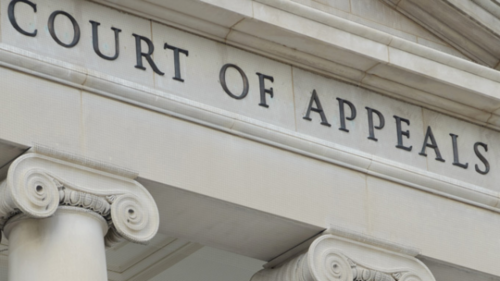- January 27, 2016
- in Green Tips
- by marcos
- 521
- 0

The Clean Power Plan, the centerpiece of the Obama Administration’s climate protection actions, got a big boost last week when the U.S. Court of Appeals in Washington rejected bids by the coal industry and its political allies for a “stay” of implementation. The Court’s ruling keeps states on track to develop their plans to cut dangerous carbon pollution from America’s power plants.
In a short order, a three-judge panel found that “Petitioners have not satisfied the stringent requirements for a stay pending court review.” The states and industry groups opposing the Clean Power Plan alleged a host of illegalities and immediate, irreparable harms and pleaded for a stay – equivalent to a preliminary injunction in lower courts – to halt implementation while their lawsuits proceed. The Court was unpersuaded.
The stay denial greenlights the work already underway in most states to develop their own plans to meet the Clean Power Plan’s carbon pollution targets. And it signals to states that have been holding back that there are no further excuses. States are expected to submit their plans to the EPA by September 6, 2016, or request extensions to 2018.
The three judges – Karen LeCraft Henderson, Judith Rogers, and Sri Srinivasan (appointed respectively by Presidents George H.W. Bush, Clinton, and Obama) – will hear oral arguments on June 2-3, after the parties file a new round of briefs. Their decision on the merits could come in summer or early fall. In the meantime the all-important work on state plans goes forward.
With the stay denial, state advocates for clean energy and clean air will feel the wind shift to their backs as they redouble engagement with state officials, power companies, local governments, and community leaders to build consensus on state policies to meet carbon targets. The smartest plans will emphasize energy efficiency and renewable power sources, which can create thousands of new jobs, reduce other air pollutants, and cut consumers’ electric bills.
The Court’s decision on the stay comes amid a flurry of new federal and state climate actions in the new year. This month the Interior Department called a halt to new coal leases on public lands while it undertakes the first environmental and economic review of the coal leasing program in decades. The Department also proposed curbs on methane pollution from new and existing oil and gas operations on public lands – a good proposal that we will seek to improve. Pennsylvania joined Colorado and California as the latest state developing methane standards for existing equipment. The EPA plans to finish methane standards this spring for new oil and gas equipment nationwide, while we continue to press the agency to curb leaks from existing equipment too.
And yesterday the Supreme Court upheld the Federal Energy Regulatory Commission’s power sector wholesale market “demand response” requirements – a critical money-saving and carbon-cutting energy policy that puts bids to cut power consumption on a par with bids to increase power production.
There’s more to come. The EPA and the Transportation Department will finish up standards this summer to cut carbon pollution and improve fuel economy for big rigs and other heavy-duty vehicles. And the U.S. is leading the push for a global agreement this fall to phase down the super-pollutants known as HFCs.
2015 was a year of tremendous action, topped off by the Paris Climate Agreement. And 2016 is off to a fast start.
— This feed and its contents are the property of The Huffington Post, and use is subject to our terms. It may be used for personal consumption, but may not be distributed on a website.


